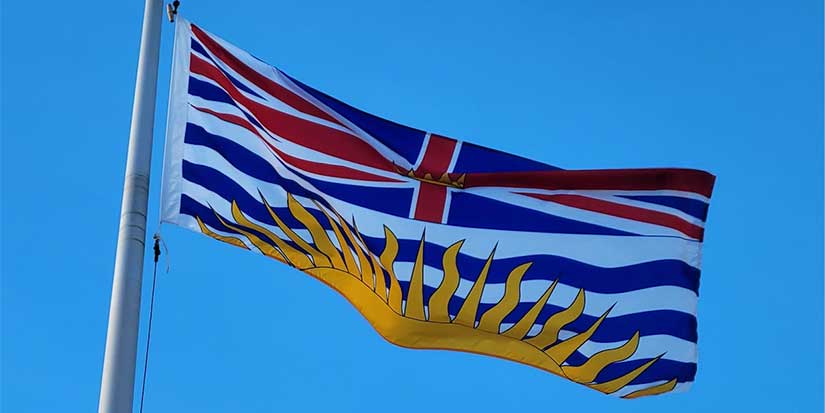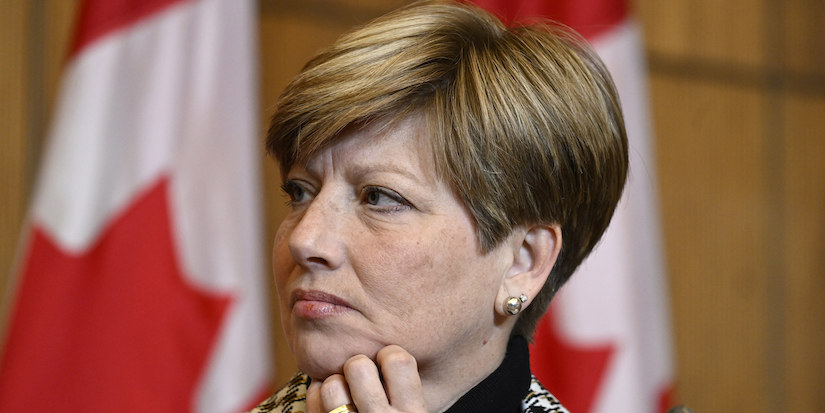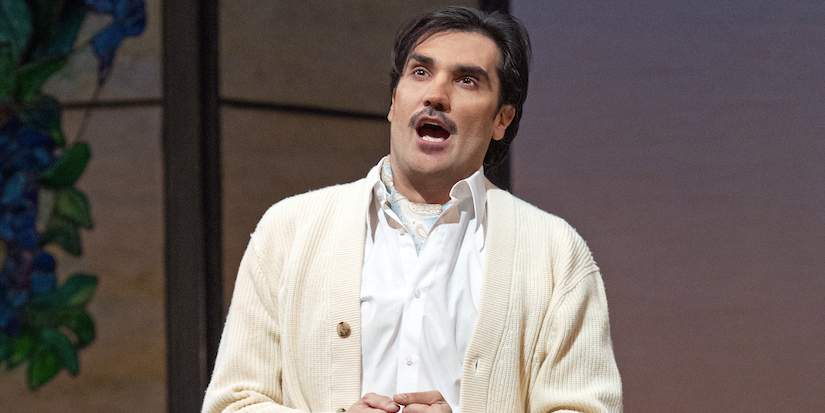Latest News
Metro Vancouver acknowledges federal investments

Published 5:00 PDT, Tue March 28, 2023
-
Metro Vancouver is supportive of the Government of Canada’s 2023 budget, which helps Canadians who are struggling with everyday expenses and makes significant investments in technology to mitigate climate change, all while showing fiscal restraint.
“A lack of affordability is one of the greatest challenges facing the residents of Metro Vancouver, and we appreciate the federal government’s actions to ease the strain on those who are struggling to make ends meet in the face of high prices for everything from rent to groceries to transportation,” said Metro Vancouver Board Chair George V. Harvie.
Boosting supports for low-income Canadians through measures such as grocery rebates and cracking down on hidden fees and predatory lending, along with reallocating funds to boost the construction of new affordable homes, will help Metro Vancouver residents in both the short and long term.
Metro Vancouver has monitored and regulated the region's air quality for 50 years, and is responsible for plans, policies, regulations, and projects that improve air quality and reduce greenhouse gas emissions. The Clean Air Plan has a 2030 target to reduce greenhouse gas emissions by 45 per cent from 2010 levels over the next decade and supports Metro Vancouver’s longer term goal, as outlined in Climate 2050, of becoming a carbon neutral region by 2050.
The tax credits and subsidies for clean energy, clean manufacturing, carbon capture, and electricity generation outlined in the budget align with strategies within the Clean Air Plan and Climate 2050 meant to reduce emissions from heavy and light industrial facilities and commercial sectors, transportation, and buildings, and achieve carbon neutrality. This is an area where research and innovation, along with making clean technologies more affordable and accessible, will be key in reaching our targets.
“It is heartening to see that Metro Vancouver and the federal government have comprehensive climate action plans that share similar goals, such as carbon neutrality, and are taking tangible actions towards lowering emissions,” said Metro Vancouver Board Vice Chair John McEwen. “It is incredibly important that we work together to support projects and initiatives around adaptation and resiliency, while taking bold action now.”
For Metro Vancouver, upgrading the Iona Island Wastewater Treatment Plant in Richmond is critical to ensuring it can meet the demands of the growing population, while protecting the health of people and the environment.
The BC Government has agreed to contribute $250 million, which is one-third of the total cost of the first phase of the upgrade projects. These projects will support work to improve wastewater capacity and quality for more than 750,000 residents, address seismic and climate resiliency, restore important fish and wildlife habitat, minimize odour, and recover sustainable energy and resources.
“The Iona Wastewater Treatment Plant upgrade is the largest — and one of the most transformative — infrastructure initiative in Metro Vancouver’s history, and is driven largely by federal regulatory requirements,” said Harvie. “Success will require equitable cost-sharing from all levels of government, and we urge the federal government to support our work to protect the health and safety of our residents and the environment.”
Metro Vancouver plans to invest more than $7 billion over the next five years to build, maintain, and upgrade the critical infrastructure that underlies the prosperity and livability of the region. These projects will help us accommodate the region’s rapid population growth and make our critical services resilient to earthquakes and the effects of climate change.































